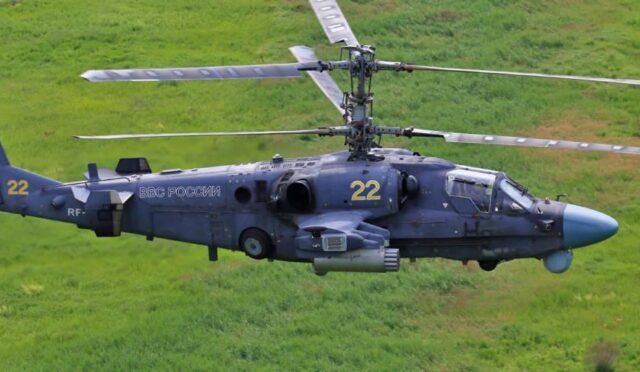Trump Seeks Direct Engagement with Iran on Nuclear Deal
On Thursday, US President Donald Trump expressed a desire for “direct talks” with Tehran concerning a nuclear agreement, following his earlier threats to take military action against Iran if the country persisted in developing nuclear weapons. Trump emphasized the urgency of a two-month deadline for Iranian leaders to reach a consensus on their nuclear program, which has long strained relations with Western nations.
Trump’s call for direct engagement marks a notable shift in diplomatic strategy, as previous efforts often relied on intermediaries. Speaking to reporters on Air Force One, he stated, “I think it goes faster, and you understand the other side a lot better than if you go through intermediaries.” His remarks highlight a potential move towards more straightforward diplomatic interactions between the two nations.
Iran’s Response to Trump’s Proposal
In response to Trump’s overtures, Iran’s Foreign Minister, Abbas Araghchi, insisted last week that direct negotiations with Washington would not occur until there is a significant shift in the US approach toward Iran. This statement underscores the ongoing tension between the two countries, especially following Trump’s withdrawal from the 2015 nuclear deal, which had aimed to limit Iran’s nuclear ambitions in exchange for the lifting of international sanctions.
Araghchi’s comments reflect a broader skepticism within Iran regarding the sincerity of US intentions. Trump’s decision to cancel the previous agreement and reintroduce harsh sanctions has only deepened the distrust, creating a complicated backdrop for any potential dialogue.
Trump’s Military Threats and Diplomatic Efforts
Last month, President Trump revealed he had reached out to Iran’s Supreme Leader Ayatollah Ali Khamenei, proposing negotiations while simultaneously warning of possible military actions should Iran refuse to comply. Khamenei’s response was defiant, stating that the US threats would lead to no advantageous outcomes for them, reinforcing Iran’s commitment to its position.
Trump’s recent aggressive rhetoric, including his comment that “there will be bombing” if Iran continues its nuclear pursuits, indicates a heightened state of tension and urgency in this diplomatic saga. This volatile approach poses significant risks, especially as Iran finds itself in a precarious situation following military confrontations involving its allies.
The Regional Landscape and Implications for Iran
The backdrop against which Trump’s diplomatic overtures are unfolding is critical. The recent military setbacks faced by Iran’s allies, notably Hamas in Gaza and Hezbollah in Lebanon, have placed additional pressure on the Islamic Republic. These developments not only threaten Iran’s regional influence but may also affect its willingness to engage in talks with the US under current circumstances.
As Iran grapples with external pressures and internal challenges, the prospect of direct negotiations with the US presents both an opportunity and a dilemma. While Trump’s attempt to initiate talks could open a window for diplomatic resolution, the uncertainty surrounding military threats complicates the path forward.







